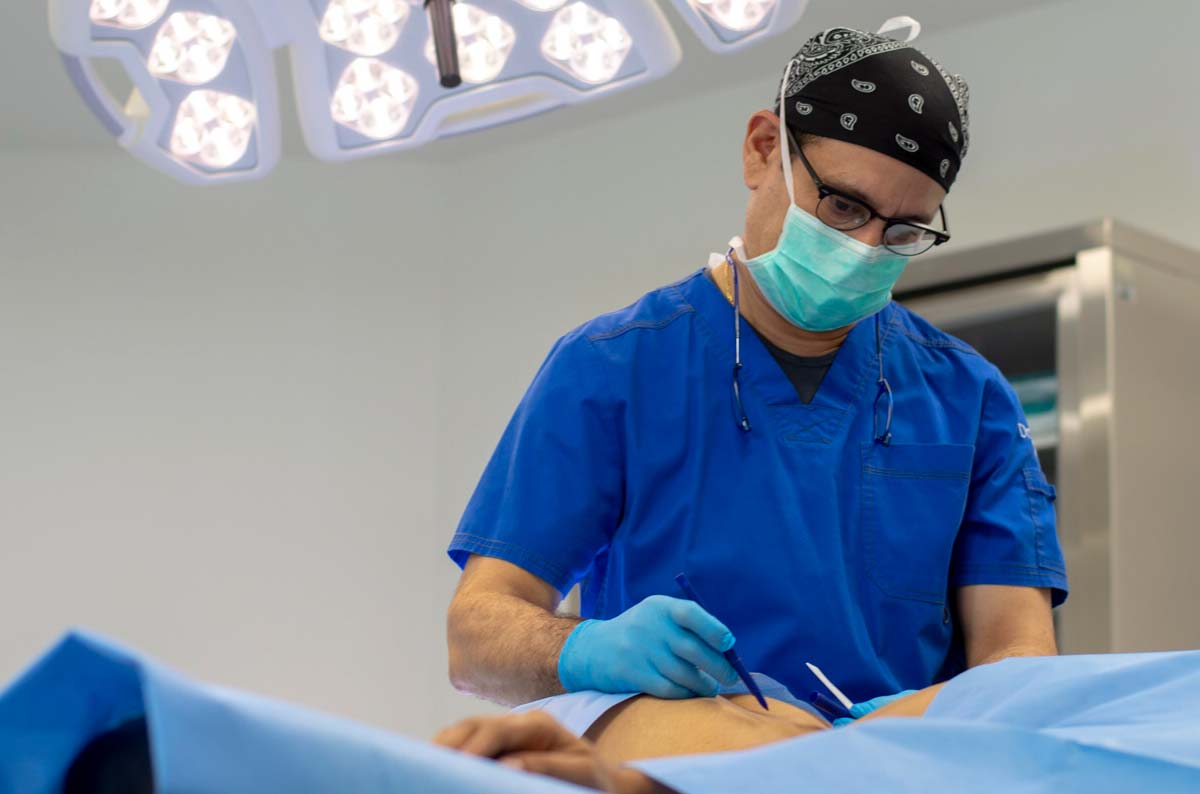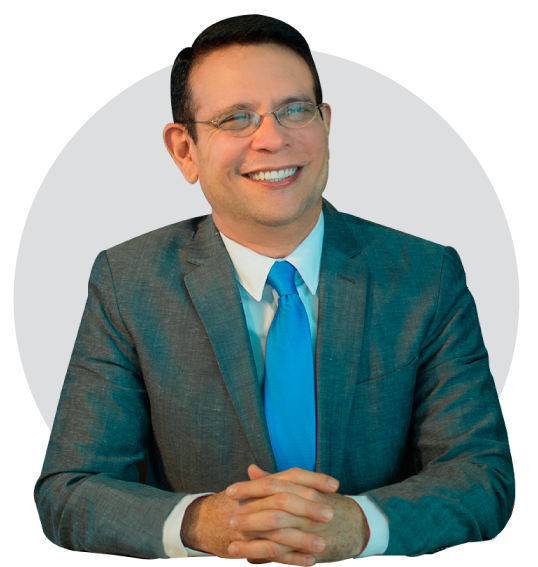A surgical procedure that generates great changes for your life !!!!
Within the wide range of surgical interventions that exist and that can improve almost the entire human body, the breast augmentation operation is the second in demand worldwide (only surpassed by liposuction) with approximately more than 360 thousand operations in one year only in the United States. This data indicates that there was an increase of 9% over the previous year and the growth in demand continues.
Breast implant surgery is a surgical procedure to improve the size and shape of the breasts using implants. Breast augmentation is performed for several reasons that vary from patient to patient, some cosmetic and other medical. Breast implants are currently all silicone, filled with silicone gel.
This procedure is focused on women who want to improve the size and shape of their breasts because:
Some Points about Breast Augmentation
To have those dreamed breasts, regardless of the size chosen, it is important to decide some issues that can be decisive when it comes to seeing the results.
One of them is to choose the modality by which the prosthesis or implant will be inserted, and there are two ways: to place the implant behind the breast tissue, this is above the muscle, or insert it below the skin. There is also variety in the type of implant, both in the form and in the filling materials, and finally how the surgery is performed (the location of the cut and subsequent suture) can also determine a difference for the patient.
In general, the best candidates for breast implants are patients who:
What are the risks of breast implant surgery?
As with any type of surgery, some possible risks and complications should be kept in mind. Surgical complications are rare. However, these are more common in patients who have low defenses, bleeding disorders, or conditions that interfere with wound healing. Common risks in any type of surgery are discomfort (pain), bruising, capsular constriction, infections, etc. However, all these complications are uncommon in most patients.

Posted 16 October, 2019

Posted 7 October, 2019
